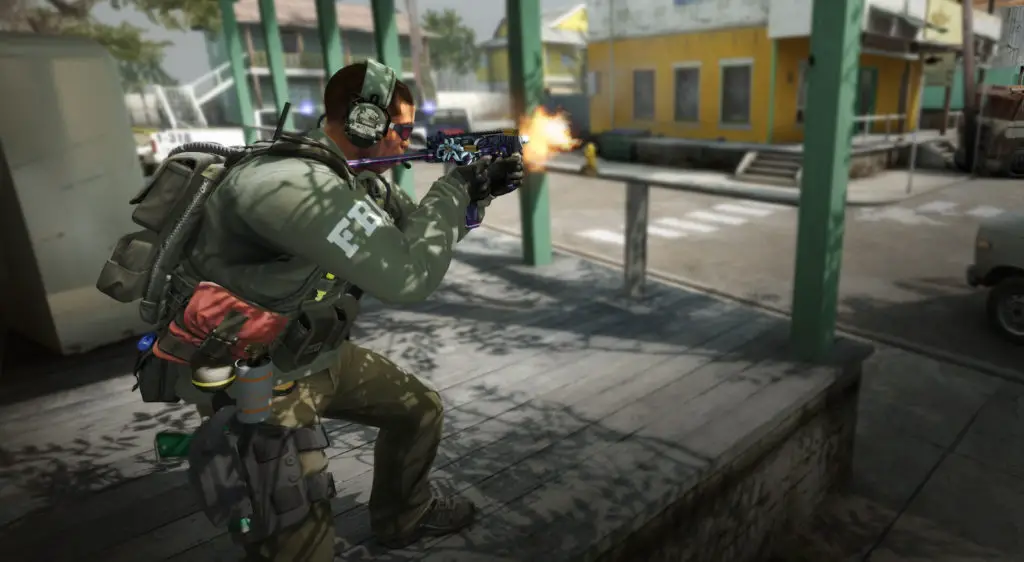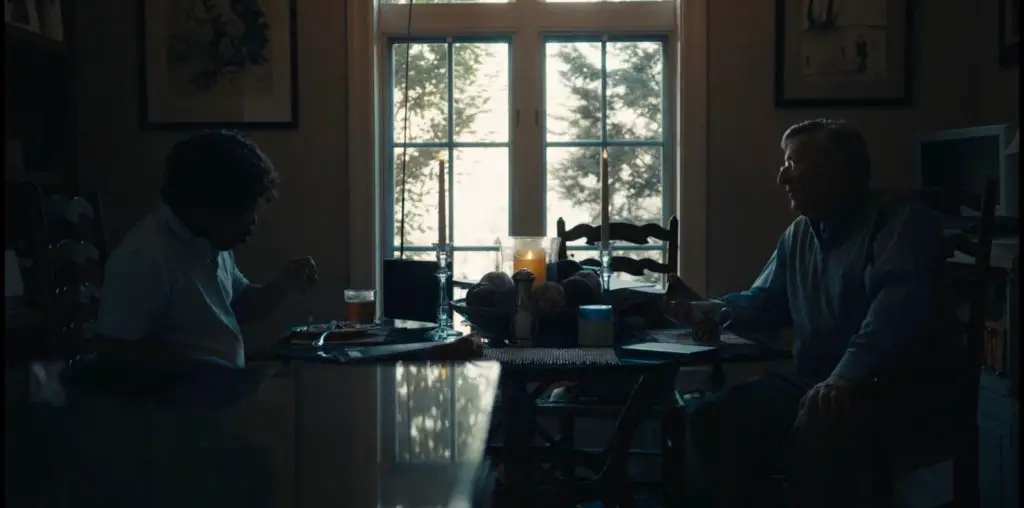
Anyone who has ever sung in a choir: church, school, music theatre or opera will enjoy the memories evoked by Christophe Barratier’s début feature film, The Choir. The power of fine music has been known for centuries. Its ability to transcend natural disasters, wars and well-meaning script writers (in this instance Philippe Lopes-Curval and Barratier) who play fast and loose with the mechanics of how music is actually made. Both know that as school boards everywhere continue to crave curriculum “efficiencies” and art institutions dumb-down their products, the vast majority of viewers, while unaware of those slights of hand, will never fail to react positively to artistic excellence when it “stares them in the ear.”
With more clichés than a John Williams score (the youngest troubled child Pépinot (Maxence Perrin) waiting every Saturday for a father who’ll never come; the red-haired hellion Mondain (Grégory Gatignol) who is beaten with relish by headmaster Rachin (François Berléand) then dismissed for apparent theft after fighting back; and the failed musician cum school supervisor, Clément Mathieu (Gérard Jugnot), who finally finds love (Marie Bunel) but his intended never sees it), the script, nonetheless, bounces merrily on its way, but leaves us wishing the writing would improve as miraculously as the truant choristers who morph from illiterate tune hewers to four-part harmony, diction-meister vocalists as fast as you can sing doh re mi.
Mathieu is the boarding school’s newest teacher and shows up for duty with a sheaf of unperformed manuscripts. He tries to bring order to the institution by starting a choir. The seldom-performed composer’s eyes are genuinely enthused with his craft, but his hands fail to bring any phrase to a graceful conclusion, yet, as he draws his charges out of their tormented shells and into the mysteries of Kyrie e leison, manages to turn this gig-from-hell into a personal musical renaissance.
As the villain of the piece, Rachin, outfitted in bowties and the subject of a hilarious ditty composed by the boys that offers insight into which private appendage might be put to best use to prop his coffin open, is the worst of the characterization deficiencies. His evil outlook convinces at first, but his mantra “action-réaction” is used so often it soon has the same impact as elevator music. Then he gradually mellows out – even throwing paper airplanes and playing soccer, but his sudden recession to physical brutality confuses more than drives the story to the coda. Oh maestro, another chorus please.
However, when called upon to sing, the real-life chorus and soloist, Jean-Baptiste Maunier immediately wash away any difficulties with the plot and make everyone believe in the metamorphosis of the boys from delinquents to artistes. One of their number, Pierre (Jacques Perrin), goes on to become “The World’s Greatest Conductor” and opens the film with some Johan Strauss Jr., where the band wisely ignores his directions – now that was totally believable!
Prior to the screening, we heard that the actual chorus, Les Petits Chanteurs de Saint-Marc, has been touring France since the release of the film: Bravo to them; undoubtedly, they’ve left the script behind.
N’importe de quoi! See this film – it will warm your heart and, perhaps, lure a few present-day wayward souls into the concert hall.

